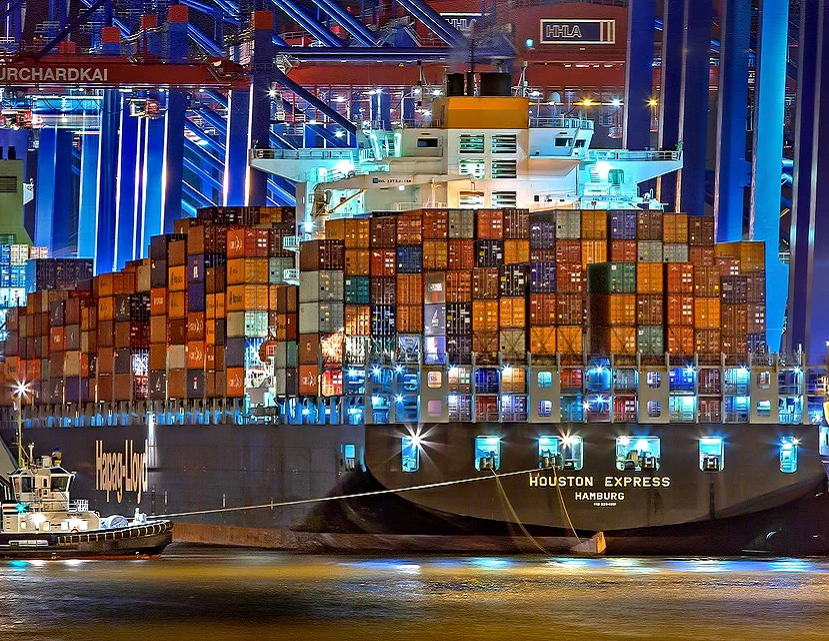The quick spread of the COVID-19 pandemic has had a significant impact on the container shipping industry. This industry which was already debilitated by the trade war has received yet another blow and is currently reeling under the impact of the pandemic. In today’s post, we are going to discuss the impact of Coronavirus on the container shipping industry.
Blank Sailings
Since 27th January, we have been witnessing numerous blank sailing a majority of which were because of the Coronavirus. By March 2020, the volume loss resulting from blank sailing was estimated at 1.9m teu which is equivalent to a revenue loss of $1.9 billion for the shippers.
However, there is a decline in the scale of new blank sailings, which indicates that the shipping volume will gradually get back to normal. According to Allan Murphy, the CEO of Sea Intelligence, a leading maritime data analysis firm, “This [the decline of blank sailings] however, does not mean the ripple effects are over – far from it. We have already outlined in the past weeks how this will impact the round-trip dynamics and create shortages of both vessel capacity and equipment availability.”
The Chinese shipping sector
The profitability of the ocean shipping industry has always been strongly linked to China since it is an important trading ally for many countries as well as the foremost shipbuilder. According to Peter Sand, the Chief Shipping Analyst of BIMCO the largest association of shipowners, “The outbreak came at a time when shipping companies are used to lower demand due to the Chinese New Year (CNY) and had already planned for this,”
The situation drastically worsened after several passengers on a cruise ship tested positive and several ports in countries like Taiwan, South Korea, and Singapore started quarantining the Chinese vessels in a bid to restrict the spread of the virus. All these factors led to significant reversals for the ocean shipping and cruising sectors which were left to grapple with cost hike, blank sailings, trip cancellations and reduced trading opportunities. Mr. Sands further commented, “coronavirus caused demand to fall lower, and remain at lower levels for much longer than in a usual year; for many in the industry it became about prolonging their measures for dealing with CNY, which were already in place, with little other options to deal with the blow.”

The international shipping sector
By February the shipping industry worldwide started feeling the brunt of the pandemic. As stated by a post on the BIMCO website, “Earnings from the Persian Gulf to China have dropped from $103,052 per day on 2 January to $18,326 per day on 18 February 2020,”.
It needs to be mentioned in this context that one of the most significantly affected sectors has been the giant crude tankers and bulkers. China is the major buyer of crude oil and the slump in Chinese trading led to reduced demand for crude tankers. So many countries across the globe heavily rely on China for raw materials, as well as Chinese imports which clearly explain the debilitating impact of the virus on non-Chinese countries.
“Container shipping is developing into the epicentre of the crisis in the global shipping industry, due to the fact that containerised goods, being produced in East Asia predominantly have already been hit,” adds Mr. Sands.
Indications of a recuperating container shipping sector
In the middle of these dark tiding luckily there is some good news as well. During the peak of the crisis most ports and customs offices were operating with limited capacities and reduced work hours. A slow recovery of this sector is soon expected to commence as most local ports and terminals have opened up for business. It is being predicted that the shipping industry is about to make a massive investment in digital freight technologies, AI software and end-to-end supply chain management tools. More investments will also be seen in the sector of autonomous shipping vessels which are cheap, efficient and not dependent on human interaction. Further investments in technology will boost the sector and consolidate all the players in our sectors including forwarders, carriers and brokers to optimize the present procedures.

